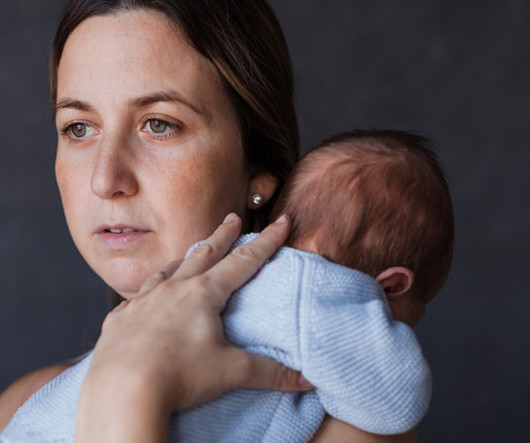Addressing Veterans’ Mental Health: An Overview
Relias
JANUARY 22, 2024
Before we discuss how your organization can help this population, let’s review the most common mental health conditions that veterans face after they leave the military: PTSD, depression, and suicidality. Post-Traumatic Stress Disorder (PTSD) An estimated 7% of veterans are diagnosed with PTSD in their lifetimes.












Let's personalize your content